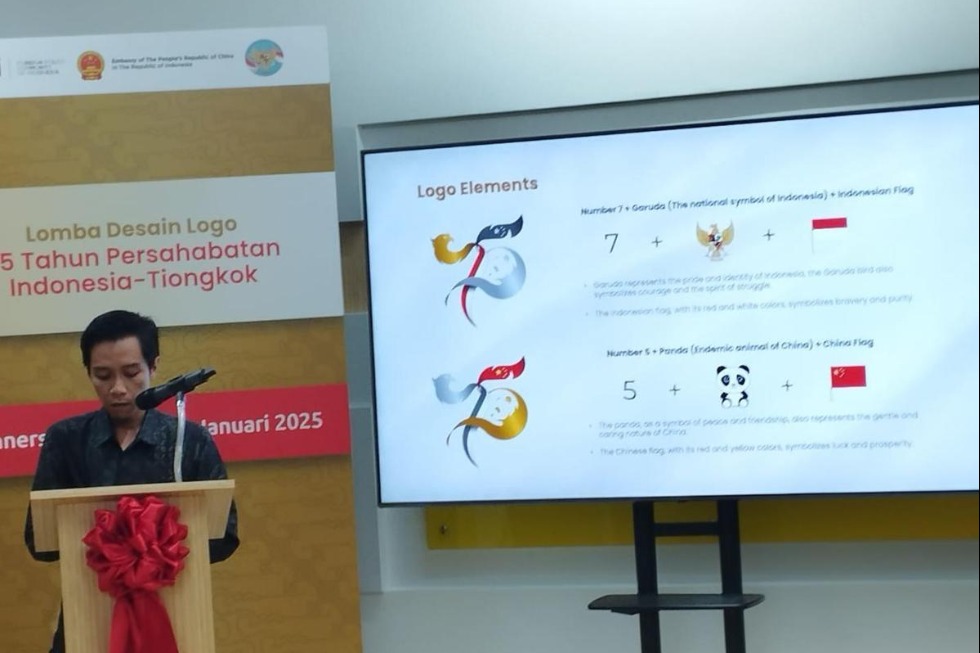Senior Chinese diplomat offers way out for Korean nuclear issue

BEIJING -- A senior Chinese diplomat has predicted three possible endings of the Korean nuclear issue and suggested the resumption of talks as the way out.
Fu Ying, chairperson of the Foreign Affairs Committee of the National People's Congress, made the prediction in a paper published on Brookings Institution's website on Sunday.
The first possibility is: The vicious cycle of US and UN sanctions followed by nuclear and missile tests of the Democratic People's Republic of Korea (DPRK) goes on until reaching a tipping point.
Fu, who was director-general of the Chinese Foreign Ministry's Department of Asian Affairs and was involved in the multilateral talks on the Korean nuclear issue, noted that the vicious cycle is difficult to break because the DPRK is determined to possess nuclear capabilities for its own security, while the United States is unwilling to make any compromise and is also using the tension to enhance military presence in the region.
The second possibility is: The DPRK regime collapses. This may not be realistic, as the Korean economy has already passed through its most difficult time and top leader Kim Jong Un has already stabilized the domestic situation.
Then comes the third possibility: the restart of talks and serious negotiations. This scenario is getting harder with deeper mistrust between the United States and the DPRK and undermined confidence of parties due to many setbacks in multilateral negotiations.
Fu suggested one realistic starting point: "double suspension," which requires the DPRK to suspend its missile and nuclear activities in exchange for a suspension of the large-scale US-South Korean war games. It's a concept explained by Chinese Foreign Minister Wang Yi in March this year.
In the paper, Fu had a thorough review of the history of the Korean nuclear issue. She noted that the two Koreas are still technically at war is one of the root causes of prolonged instability on the Korean Peninsula.
Since multilateral negotiations started in 2003, China has continuously made mediation efforts to push for fruitful agreements, including a statement reached on the fourth round of the six-party talks in 2005, which offered a glimmer of hope for resolving the issue.
However, such peaceful agreements were not effectively implemented for various reasons, and in this case, the agreement was compromised by US financial sanctions against the DPRK.
Fu noted that failing to implement such agreements in "parallel steps" led to a dead end. In 2008, even though the DPRK honored its commitments and disabled 75 percent of its nuclear reactor capacity, it didn't see corresponding measures being taken by other parties as heavy oil, equipment and material assistance had not been supplied as promised. Then the DPRK reversed its position.
Fu also highlighted the influence of the US domestic political situation on the Korean nuclear issue, citing different positions held by previous presidents.
The Korean nuclear issue has been escalated and intensified as from 2009 as a result of multiple factors, including the civil strife in Libya, where the fate of the government to some degree reinforced the DPRK's determination to pursue nuclear weapons.
- China expects new UN consensus on Korean Peninsula nuclear issue
- Chinese FM stresses two directions in dealing with nuclear issue on Korean Peninsula
- US should sincerely address root cause of Korean Peninsula nuclear issue
- S Korean presidential frontrunner widens lead in support rate
- THAAD can further complicate situation on Korean Peninsula

































